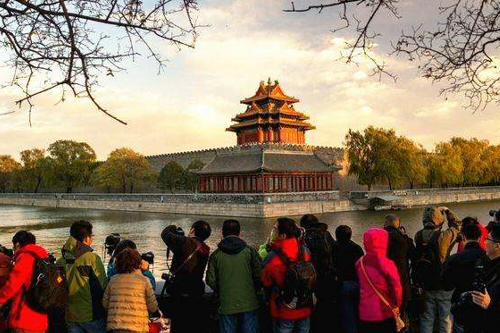Under Pressure to Cut Debt, China’s Wanda Is Dropping Its Ambitions in Tourism
Geoffrey Smith, Reuters
Chinese property giant Dalian Wanda Group plans to sell tourism projects and hotels in the country to SunacChinafor $9.3 billion, dialling back its ambitions in an area it considered key to its future growth until recently.
The sale – the second-biggest real estate deal ever in China according to Reuters data – comes less than a month after China’s Banking Regulatory Commission ordered a thorough review of the billions of dollars in loans that the country’s state-owned banks had extended to Wanda and three other high-profile Chinese business groups that have spent heavily on foreign acquisitions in recent years.
The CBRC had expressed concerns about the level of debt taken on by some ofChina’s biggest groups, against a background of skyrocketing debt at corporate level. International credit ratings groups had also expressed similar concerns. Standard & Poor’s had downgraded Wanda’s commercial real estate unit, the country’s largest property developer, in December citing rising financial leverage and slower-than-expected asset disposals. Another downgrade would push the rating into “junk” category.
Under the deal, Wanda will offload 91 percent of thirteen cultural tourism projects, which usually include theme parks and leisure complexes, and 76 hotels to the acquisitive Tianjin-based developer Sunac for 63.18 billion yuan. Sunac also has a heavy debt burden – its international debt has a negative outlook, due (according to Moody’s Investor Service) to its own debt-fueled acquisitions spree.
“This (deal) signifies a retreat from Wanda’s previous strategy in cultural tourism, and marks a pivot to an asset-light strategy,” said Qin Gang, senior researcher atStateInformationCenter, a government-linked think tank.
It’s less than a year since Wanda founder Wang Jianlin, who regularly vies with Alibaba’s Jack Ma for the title of China’s richest man, was boasting that Wanda’s theme parks would outsell Disney’s. Tourism and entertainment had appeared to be the main parts of a pivot to more consumer-focused businesses by Wanda in recent years, exemplified by the multi-billion dollar acquisitions ofHollywoodmovie studio Legendary Entertainment and move-theater chain AMC Entertainment.
However, Wang had already indicated in April thatBeijingwas uneasy about the scale of its activities abroad, blaming government pressure for stopping its planned $1 billion acquisition of Dick Clark Productions.

Wanda, which had earmarked a more than 300 billion yuan ($44 billion) investment for its cultural and tourism projects, did not give a reason for the sale, but local business magazine Caixin quoted Wang as saying the deal would ease the debt burden on Wanda’s property unit. That business delisted from the Hong Kong Stock Exchange last year and is now seeking a listing inShanghai.
“Through this asset transfer, Wanda Commercial’s debt ratio will be greatly reduced, all the proceeds will be used to repay loans. Wanda Commercial plans to repay most of the bank loans this year,” Wang told Caixin.
Only three of Wanda’s planned parks have been completed to date. Two that opened in Nanchang and Hefei last year do not rank in the top 20 by attendance for Asia Pacific, consultancy AECOM’s 2016 theme park index shows.








